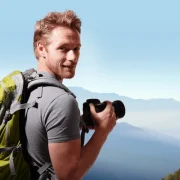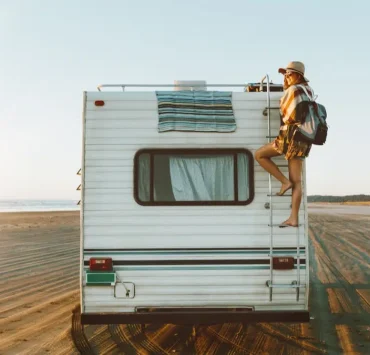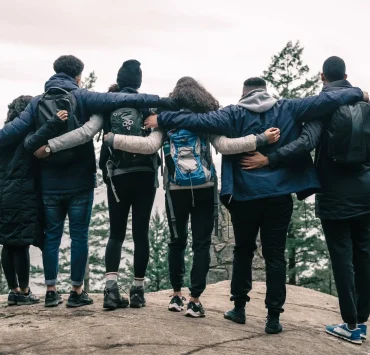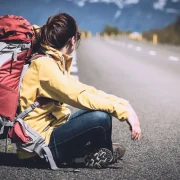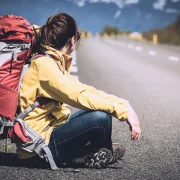Travel and Recreation: Exploring the World for Enrichment and Well-Being
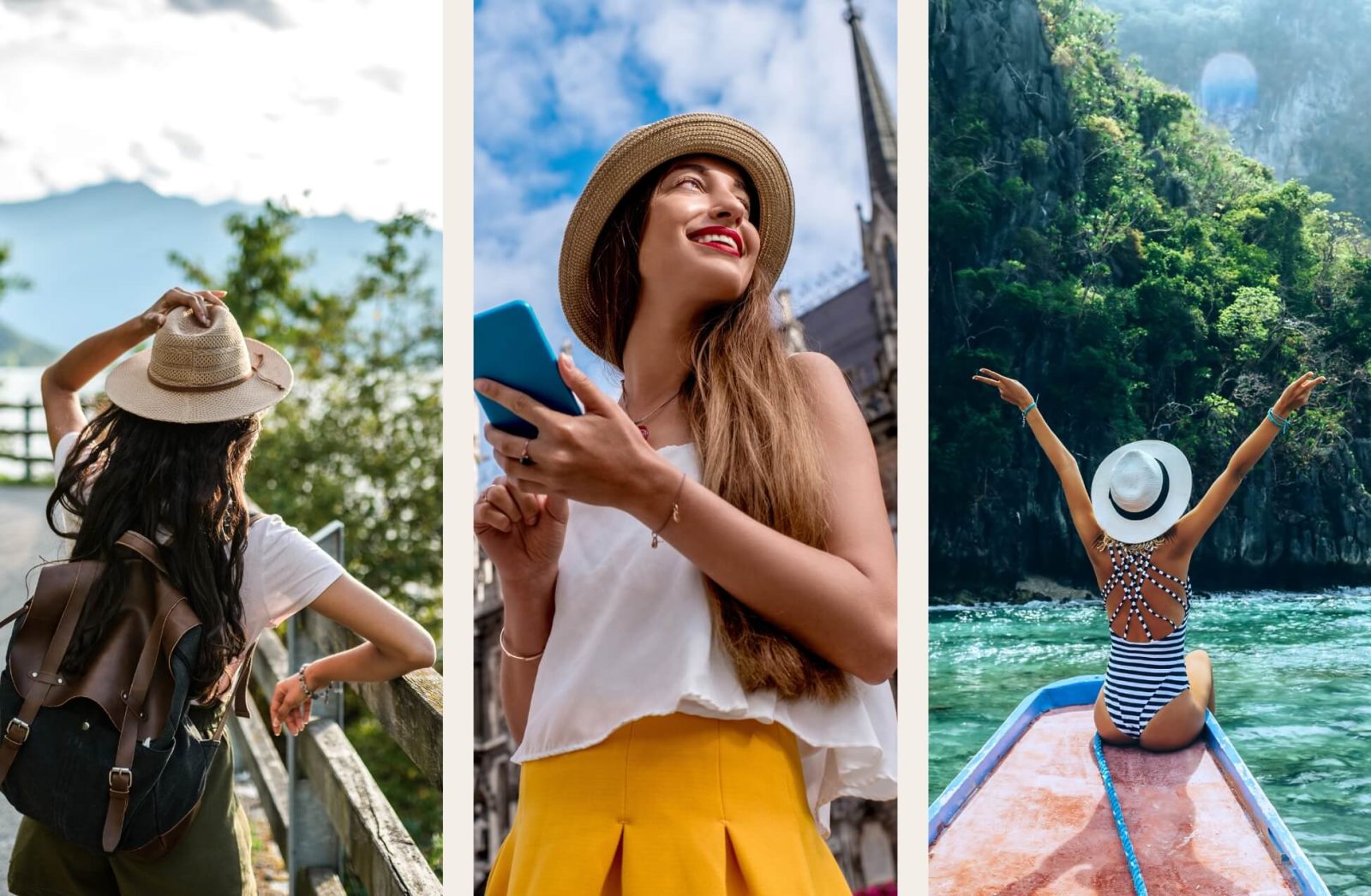
Travel has always been more than just moving from one destination to another. It is a profound experience that blends recreation, culture, adventure, and self-discovery. In the modern world, where stress and digital overload are part of daily life, travel and recreational activities provide an essential balance. They not only offer relaxation and fun but also contribute to physical health, mental well-being, and cultural understanding.
This article explores the evolving landscape of travel and recreation—why people travel, the benefits, different types of recreational travel, and how the industry is adapting to trends such as sustainability and digital transformation.
Why Do We Travel?
Humans are inherently curious, driven by the desire to explore, connect, and escape routine. Travel fulfills multiple needs:
-
Relaxation – Escaping work stress or urban environments to recharge in nature or resorts.
-
Adventure – Seeking thrills through hiking, diving, climbing, or extreme sports.
-
Cultural immersion – Experiencing new languages, cuisines, and traditions.
-
Education – Learning history, art, or geography through firsthand encounters.
-
Social bonding – Strengthening family ties, friendships, or romantic relationships through shared experiences.
-
Personal growth – Stepping out of comfort zones, building confidence, and broadening perspectives.
The Health Benefits of Travel and Recreation
Recreation is not just fun—it is vital for health and wellness. Studies show that regular leisure activities, especially travel, improve life satisfaction and reduce stress.
-
Mental Health: Traveling breaks routines, stimulates creativity, and lowers anxiety. Nature-based recreation in particular has been linked to reduced depression and improved mood.
-
Physical Health: Activities like hiking, swimming, or cycling during travel improve cardiovascular health and physical fitness.
-
Social Health: Travel fosters meaningful human connections, enhancing a sense of belonging and community.
-
Cognitive Benefits: Exposure to new environments sharpens adaptability, problem-solving, and memory retention.
In short, travel rejuvenates both body and mind, making it an essential component of modern wellness.

Popular Types of Recreational Travel
Travel comes in many forms, each offering unique experiences.
1. Adventure Travel
For thrill-seekers, activities like mountain climbing, white-water rafting, and paragliding provide adrenaline rushes. Adventure travel has surged in popularity as people crave more than sightseeing—they want active engagement with nature.
2. Cultural and Heritage Travel
Visiting historical landmarks, museums, and cultural festivals allows travelers to connect with the past and appreciate diverse traditions. Countries rich in heritage, like Italy, Greece, India, and Egypt, attract millions of cultural tourists yearly.
3. Eco-Tourism
Environmentally conscious travelers choose eco-lodges, wildlife safaris, and low-impact adventures. Eco-tourism promotes conservation and supports local communities. Examples include rainforest treks in Costa Rica or wildlife watching in Kenya.
4. Wellness Travel
This sector is booming, combining relaxation with holistic health. Yoga retreats in Bali, spa resorts in Thailand, or meditation camps in the Himalayas focus on rejuvenation and mindfulness.
5. Sports and Recreation Travel
Travel tied to sports events or active hobbies is also growing. Fans attend the Olympics or World Cup, while others travel to ski in the Alps, surf in Hawaii, or cycle across Europe.
6. Cruise Tourism
Cruises offer a blend of luxury, leisure, and exploration, allowing travelers to visit multiple destinations while enjoying onboard recreation.
Trends Shaping Travel and Recreation
The travel industry is dynamic, constantly adapting to global changes and consumer preferences.
1. Sustainable Travel
Travelers are increasingly concerned about their environmental footprint. They opt for destinations and companies committed to sustainability—reducing plastic waste, conserving energy, and supporting local businesses.
2. Technology and Digitalization
Mobile apps, virtual reality tours, AI-based travel planning, and online booking platforms have revolutionized the industry. Digital tools make it easier to personalize travel experiences and discover hidden gems.
3. Experiential Travel
Tourists seek authentic, hands-on experiences rather than passive sightseeing. Cooking classes, farm stays, or volunteering abroad allow deeper cultural immersion.
4. Work and Travel (Digital Nomadism)
The rise of remote work has blended professional life with recreation. Digital nomads travel the world while working online, fueling growth in co-living and co-working hubs in cities like Lisbon, Bali, and Mexico City.
5. Health-Conscious Travel Post-Pandemic
COVID-19 reshaped travel priorities. Hygiene, open spaces, and wellness are now central. Many travelers prefer outdoor adventures, small-group tours, and destinations away from crowded cities.
Travel as a Tool for Cultural Understanding
Travel is one of the most powerful ways to build global empathy. Immersing in another culture challenges stereotypes, encourages tolerance, and promotes peace. Eating local food, learning basic phrases in the local language, or participating in community events fosters mutual respect between visitors and hosts.
However, cultural sensitivity is essential. Travelers must respect traditions, dress codes, and customs, ensuring tourism enriches rather than disrupts local communities.
The Economic Impact of Travel and Recreation
Travel and recreation are also major economic drivers. The World Travel & Tourism Council (WTTC) reports that tourism contributes more than 10% of global GDP. It creates jobs across hospitality, transportation, and entertainment sectors.
Additionally, recreational travel often uplifts local economies. For example, rural communities offering homestays or guided tours benefit directly from tourism income. Sustainable models ensure that the money stays within communities, improving quality of life.
Challenges in the Travel and Recreation Industry
Despite its benefits, travel faces challenges:
-
Overtourism: Popular destinations like Venice or Machu Picchu struggle with overcrowding, which damages infrastructure and ecosystems.
-
Environmental impact: Air travel contributes significantly to carbon emissions.
-
Economic inequality: Not all communities benefit equally from tourism revenues.
-
Political and health risks: Global instability, pandemics, and travel restrictions affect mobility and safety.
Balancing tourism growth with sustainability is the industry’s greatest challenge moving forward.
The Future of Travel and Recreation
Looking ahead, the industry is likely to emphasize:
-
Personalized experiences using AI and big data to customize itineraries.
-
Carbon-neutral travel, with airlines and hotels adopting eco-friendly practices.
-
Slow travel, where people stay longer in one destination, reducing emissions and deepening cultural immersion.
-
Hybrid travel, combining leisure with business or wellness.
-
Immersive technologies, such as AR/VR, enhancing pre-trip planning and on-site experiences.
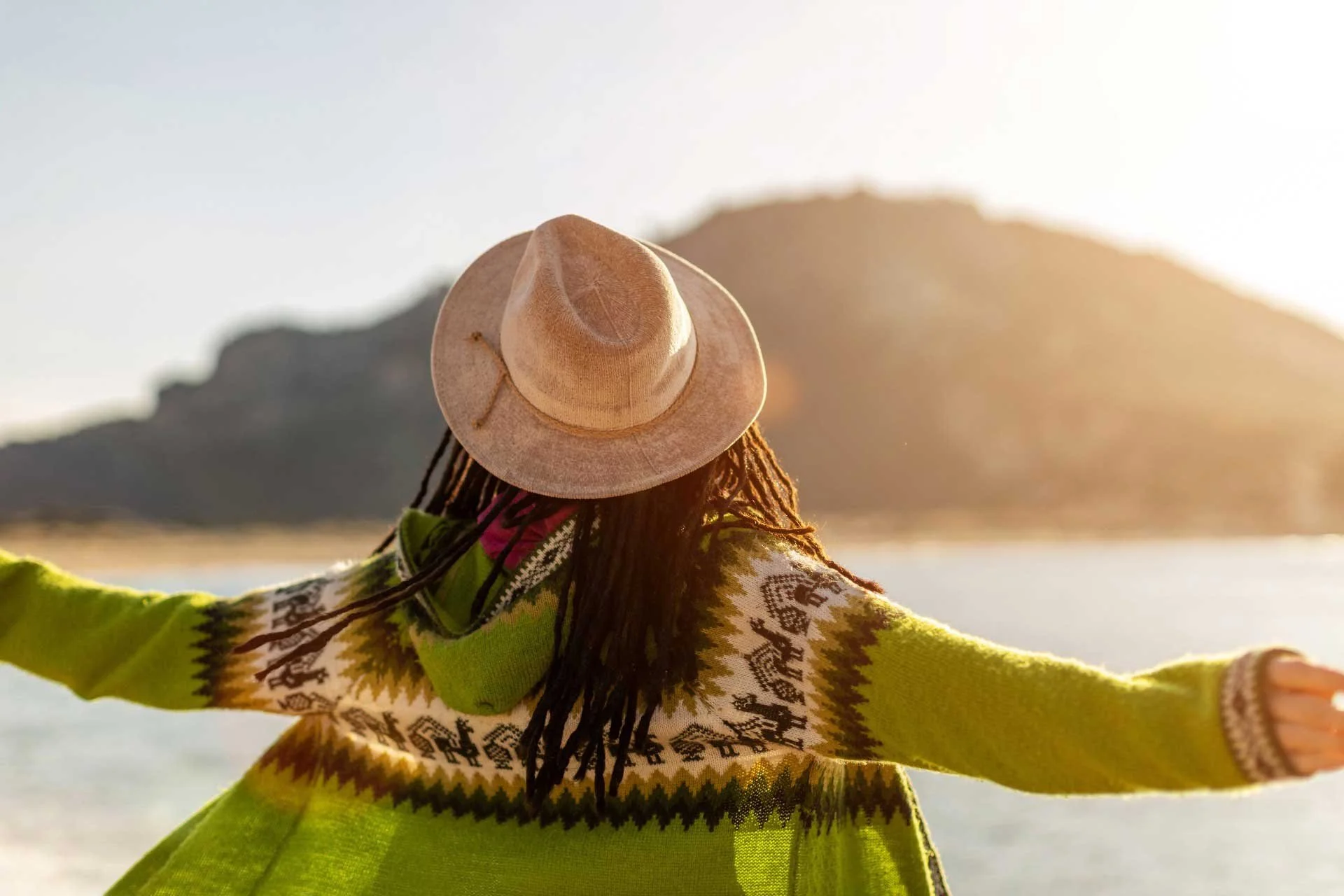
Conclusion
Travel and recreation are not luxuries but necessities in today’s world. They provide joy, health, cultural enrichment, and economic growth. From adrenaline-packed adventures to quiet wellness retreats, the opportunities are endless.
As travelers, we have the responsibility to choose mindfully—supporting local communities, respecting cultural norms, and minimizing environmental impact. Done responsibly, travel becomes more than recreation; it becomes a path toward global understanding, personal growth, and a healthier world.
Whether exploring a distant country or discovering hidden gems close to home, travel offers what few other activities can: a chance to reconnect—with nature, with others, and with ourselves.

